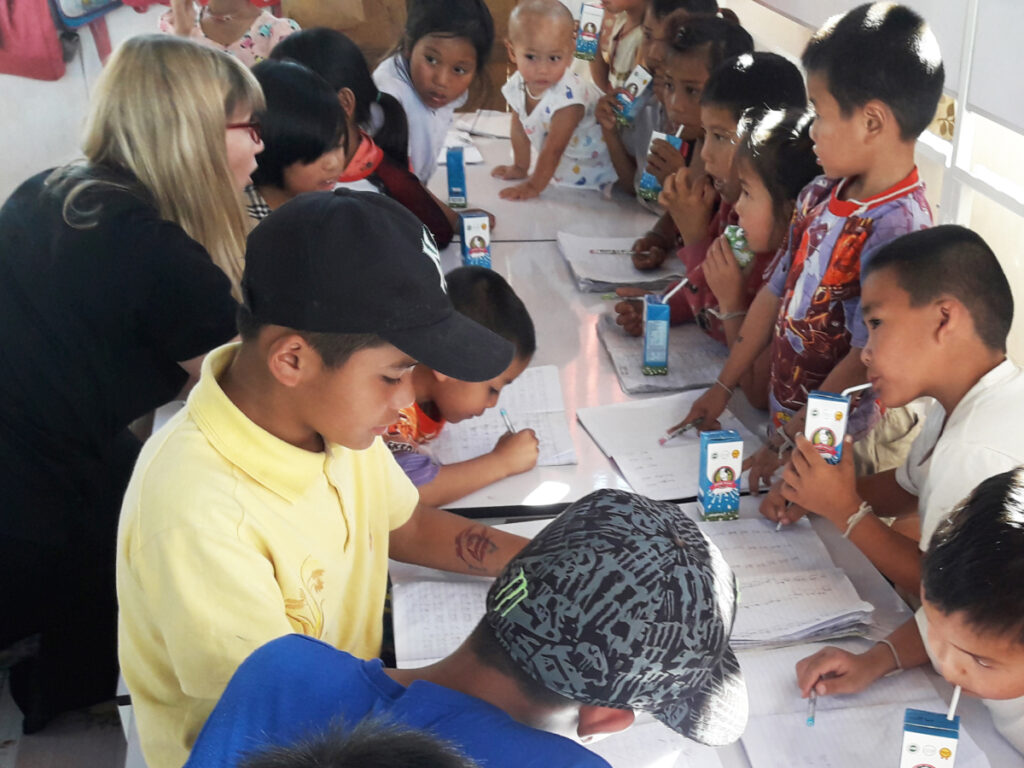Funding Local Leaders and Building Resilience in the Face of Climate Change
Over the last few years, there has been greater recognition that addressing society’s most deeply rooted inequalities requires moving power and resources into the hands of local leaders and directly to the communities those resources are intended to benefit. But this shift represents more than just a philosophical or ethical position. In fact, it may be the most strategic shift that philanthropy has seen in the last 100 years. One deeply tied to our collective ability to survive and thrive in a rapidly changing climate. Yes, investing in local leaders and locally-led solutions is about a fairer future. But it’s also about survival.
The pandemic brought into sharp focus some critical flaws in the development ecosystem. As large organizations began evacuating their international aid workers back to their home countries and closing down offices, vulnerable communities were left alone, creating life-threatening gaps in support at exactly the moment it was most needed.

For those of us who’ve been advocating for more equitable and inclusive partnerships that lift up local voices it was a small, if bittersweet, victory. Deeply entrenched in the communities they serve, local leaders are better equipped to respond with flexibility and agility to rapidly changing or unexpected shifts in the ecosystem (like a global pandemic or sudden military coup).
They have deep knowledge of the systems they’re part of, and are better positioned to change and influence those systems. And perhaps most importantly of all: When the going gets tough, they aren’t going anywhere. Local leaders don’t just have skin in the game, they have their lives on the line.
But despite clear evidence that local organizations are much better equipped to provide agile, innovative, and contextually appropriate responses, data shows that only around 3% of international humanitarian spending goes to local and national groups.
Those who are funding these kinds of local leaders are individuals and organizations who are challenging the status quo and flipping the power on traditional development dynamics by building fair, equitable, and dignified partnerships with locally-led groups.
“Our support means our partners feel more secure in otherwise tenuous circumstances,” said Patty Curran, executive director of Partners Asia. “And when they feel safer, they’re able to remain strategic, resilient players in the bigger picture – which is vital if they’re to continue building a better, freer future for the people they serve.”

Building Resilience
A resilient response is one that is flexible and emergent – everything that our traditional development system is not. Individual and community resilience, built on a foundation of purposeful partnership, is critical as we face a rapidly changing climate.
Natural disasters and extreme weather events bring about localized crises that disproportionately impact poor and marginalized populations. We can no longer afford to use the top-down, externally driven approach. As events become more frequent, we will be asked to do more with less. Worse, as the costs of adaptation and mitigation in wealthier countries escalates, funding support to developing countries will likely taper out. We must do what we can now to help communities build resilience. We must build on the power of partnerships. With increased investment in building genuine local participation, and a concentrated effort to shape a system where local communities are empowered with the capacity to address the challenges that impact them, a pathway forward – even in the face of a rapidly changing climate – may be possible.
Get Involved
- If you’d like to support local leaders and locally-led efforts in Southeast Asia, contact Partners Asia.
- Further afield, Fieldworks helps organizations who want to nourish locally-led change in the Global South to find reliable information on local partners.
- And if you want to learn more, this Starter Kit from the Direct Philanthropy Initiative is designed to help any funder – regardless of size – to shift power to local hands, work with the most effective movement leaders, and build long-term community power from the ground up.
This article was also featured by Giving Compass on their online platform.
By Corrina Grace, Partners Asia Social Innovator
